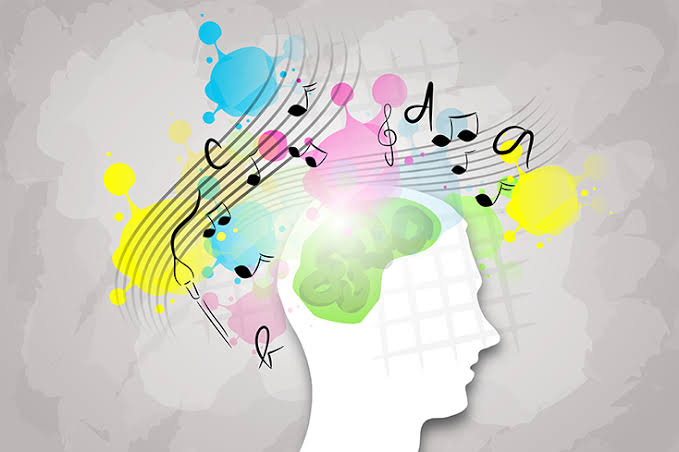The Healing Power of Music: Exploring the Wonders of Music Therapy

Introduction:
Music has been a universal language that transcends cultures and time, touching our emotions and connecting us on a deep level. But did you know that music can also be a powerful tool for healing? In this blog, we delve into the world of music therapy, an evidence-based practice that utilizes the therapeutic qualities of music to promote physical, emotional, and mental well-being. Join us as we explore the unique benefits, applications, and principles of music therapy, and discover how it can positively impact individuals of all ages and backgrounds.
1)Understanding Music Therapy: Music therapy is the clinical and evidence-based use of music interventions to address various physical, emotional, cognitive, and social needs. Certified music therapists harness the power of music to create tailored interventions that support individuals in achieving specific therapeutic goals. These interventions can include listening to music, singing, playing instruments, composing, and improvising.
2)Stimulating Cognitive Function: Music has the ability to engage and stimulate various areas of the brain, making it a valuable tool for enhancing cognitive function. In music therapy, rhythm, melody, and pattern can be used to improve attention, memory, executive functioning, and overall cognitive abilities. This makes music therapy beneficial for individuals with neurodevelopmental disorders, dementia, or brain injuries.
3)Enhancing Emotional Well-being: Music has a profound impact on our emotions, and music therapy capitalises on this to enhance emotional well-being. By selecting or creating music that matches an individual's emotional state, music therapists can stimulate expression, release of pent-up emotions, and emotional regulation. This can be particularly effective for individuals dealing with anxiety, depression, grief, or trauma.
4)Facilitating Physical Rehabilitation: Music therapy can contribute to physical rehabilitation by promoting movement, coordination, and motor skills. Therapists may use rhythmic patterns, musical cues, and instrument playing to encourage physical exercises and improve muscle control and coordination. This approach is especially beneficial for individuals with physical disabilities, stroke survivors, or those undergoing rehabilitation after surgery.
5)Fostering Social Connection: Music has the remarkable ability to bring people together and foster social connection. In music therapy, group sessions provide a safe and supportive environment for individuals to interact, communicate, and collaborate through music-making. This can enrich social skills, build relationships, and reduce feelings of isolation and loneliness.
6)Applications of Music Therapy: Music therapy has a wide range of applications across various settings. It is used in hospitals, psychiatric facilities, schools, rehabilitation centers, nursing homes, and community settings. It can benefit individuals of all ages, from infants and children to older adults. Music therapy is effective in addressing mental health conditions, developmental disorders, chronic pain, substance abuse, and palliative care.
7)The Role of the Music Therapist: Certified music therapists undergo specialized training and education to become skilled in the art and science of music therapy. They possess a deep understanding of music's therapeutic properties, human psychology, and clinical techniques. Music therapists collaborate with other healthcare professionals, adapt interventions to individual needs, and continuously evaluate progress to provide the most effective care.
Conclusion:
Music therapy harnesses the power of music to heal, empower, and transform lives. Through its unique ability to stimulate emotions, enhance cognition, facilitate physical rehabilitation, and foster social connection, music therapy offers a holistic approach to promoting well-being. Whether as a standalone therapy or in conjunction with other treatments, music therapy has the potential to uplift individuals of all ages, inspiring hope, resilience, and personal growth. Let us embrace the healing power of music and unlock its incredible potential in our lives.







